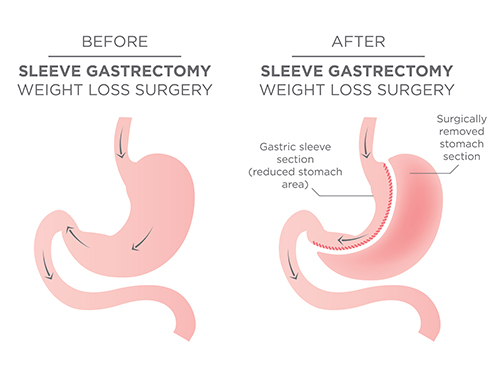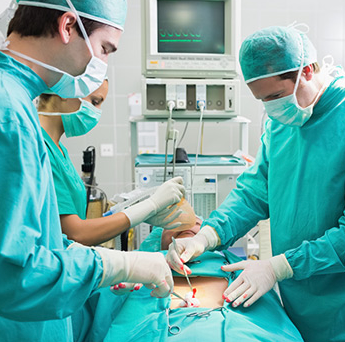What you need to know about Gastrectomy Procedure
Contents
- 1 What you need to know about Gastrectomy Procedure
- 2 What does the Procedure Involve?
- 3 How Long Should You Stay in the Country?
- 4 What’s the Recovery Time Like?
- 5 What Aftercare Should You Consider?
- 6 What is the Success Rate for Gastrectomy Procedure?
- 7 Are there Alternatives to Gastrectomy Procedure?
- 8 What Should You Expect Before and After the Procedure?
Gastrectomy is a surgical procedure to remove all or part of the stomach. It is usually performed to treat stomach cancer, obesity, stomach ulcers, non-cancerous tumors, and esophageal cancer. There are four main types of gastrectomy: total (the whole stomach is removed), partial (only the lower portion of the stomach is removed), sleeve (the left side of the stomach is removed), and esophagogastrectomy (the top part of the stomach and part of the esophagus is removed).

What does the Procedure Involve?
The surgery is performed under general anesthetic. Your surgeon makes an incision in your belly and through the incision; he removes all or part of your stomach and some nearby tissue, such as the lymph nodes. The nodes are then tested to ensure cancer has not spread and your surgeon will try to remove as much cancer as possible.
How Long Should You Stay in the Country?
A gastrectomy is a major operation, so you may need to stay in the hospital for 1 to 2 weeks. Plan to stay in the local area for 2 to 3 weeks after the surgery.
What’s the Recovery Time Like?
The recovery period depends on what type of gastrectomy you underwent, but it generally takes a long time. You may be able to go back to work and exercise after one to three months. It takes around three to six months to adjust to your new stomach.
What Aftercare Should You Consider?
After a gastrectomy, you have to adjust your lifestyle, especially you’re eating habits. Your diet should be rich in iron, calcium, as well as vitamin C and D. you also need to avoid high fiber foods and eat smaller meals throughout the day instead of 3 large meals. You will have regular follow-up checkups with your local doctor to make sure you are getting enough vitamins and minerals.
What is the Success Rate for Gastrectomy Procedure?
Gastrectomy has a high success rate. The mortality rate at 24 hours is 0%. Nevertheless, the procedure has several risks and side effects, such as acid reflux, infection of the incision wound, infection in the chest, diarrhea, internal bleeding, leaking from the stomach at the surgical site, stomach acid leaking into the esophagus, and vitamin deficiency. You may also get gastric dumping syndrome.
Are there Alternatives to Gastrectomy Procedure?
If the surgery is done to remove cancer, your best alternative is to undergo laser treatment or chemotherapy. However, chemotherapy may not be able to kill some cells that gastrectomy does. If the surgery is performed to treat obesity, you can opt to undergo bariatric surgery, such as gastric bypass, gastric band, and gastric balloon.
What Should You Expect Before and After the Procedure?
The medical problems in your abdomen before gastrectomy will be gone after the procedure. Therefore, you will no longer experience the symptoms that you used to feel. However, there are some lifestyle adjustments you will need to follow.
For an in-depth analysis of a Gastrectomy Procedure, watch this short video.
To check prices or to book a Gastrectomy Procedure in Thailand or anywhere else in the world, head on over to MyMediTravel now!

